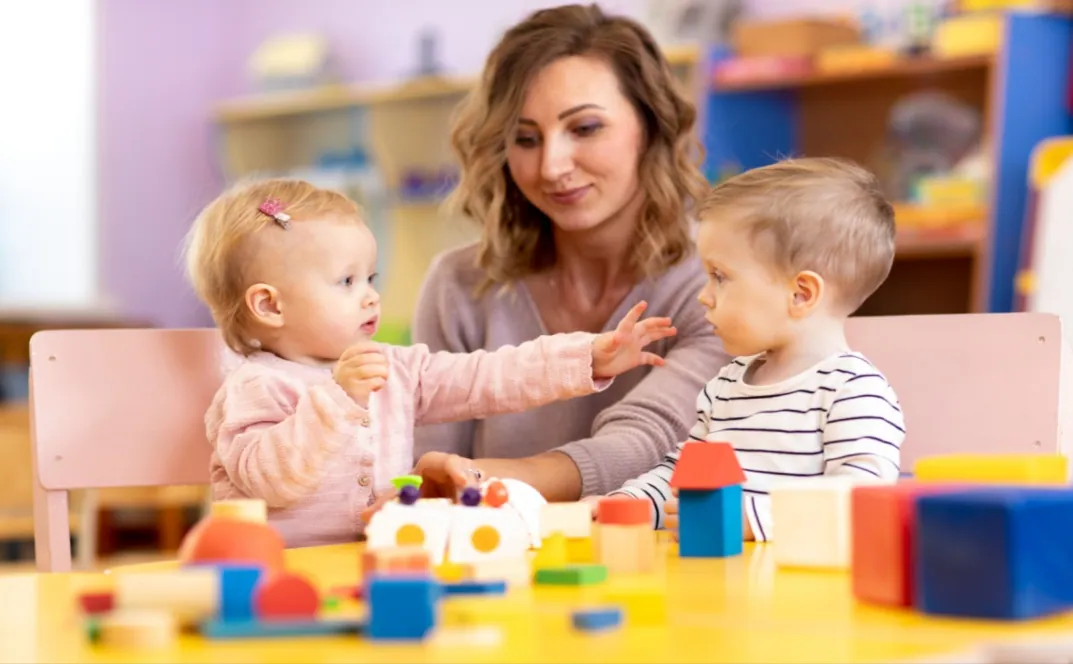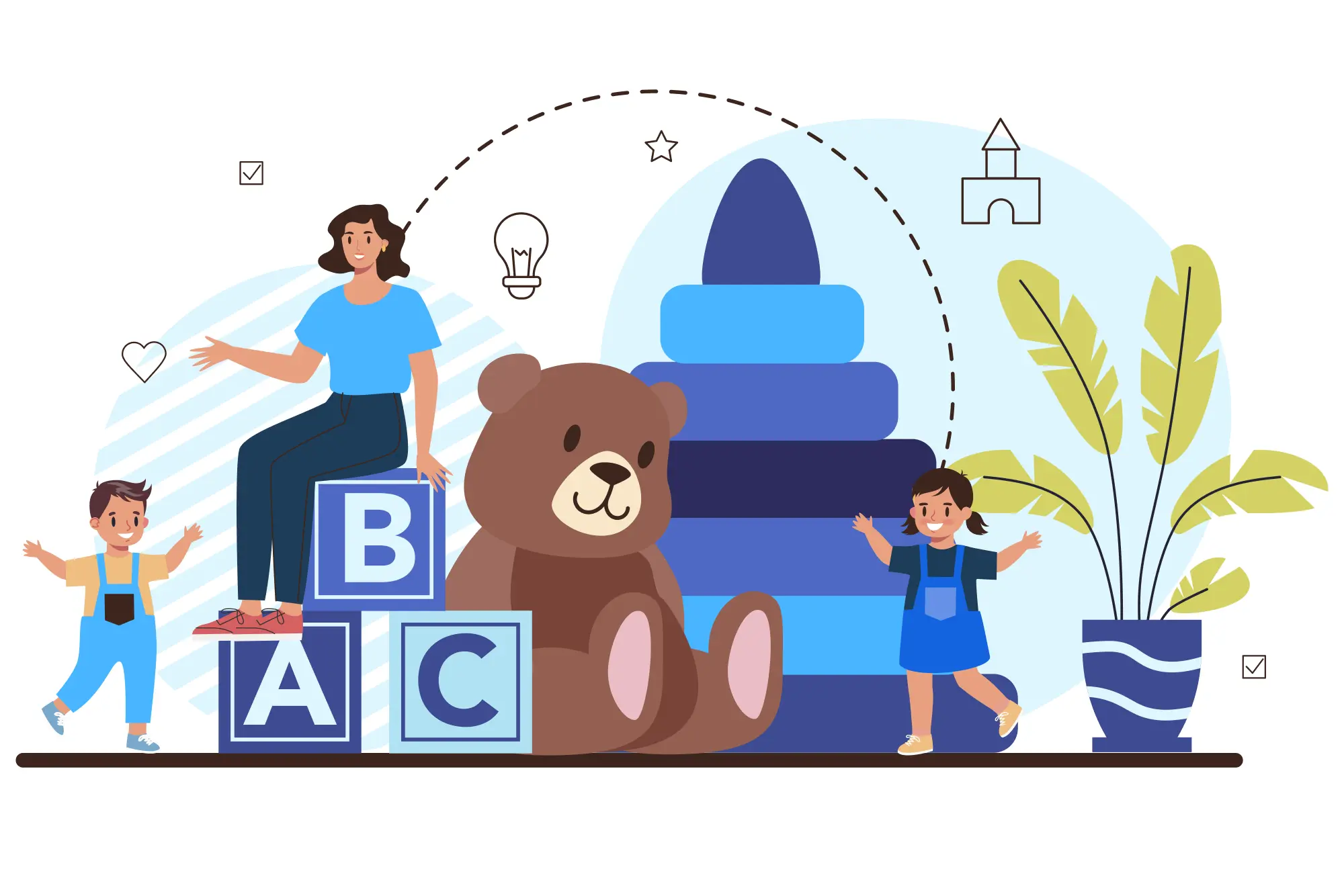No products in the basket.
Early years education is all about the teaching and care of young children, usually from birth to around eight years old. This stage includes preschool, kindergarten, and the early grades of primary school.
During these early years, children grow and learn quickly. They develop important skills like thinking, communicating, and getting along with others. They learn best through play, exploring their surroundings, and interacting with other children and adults.
Early years education aims to encourage a child’s curiosity and love for learning. High-quality early years education can have many positive effects. Children who receive a good early education often do better in school, have better social skills, and feel happier and more confident. They learn how to think critically, solve problems, and enjoy learning, which helps them throughout their lives. In this blog, we will examine why early years education is so important and how parents and teachers can support young children during this crucial time.
What is early years education?
Early years education is the teaching and care given to young children from birth to age five. This is a crucial stage in a child’s development. It lays the foundation for their future learning, thinking abilities, and social skills. This includes various educational programmes and approaches. Early years education often focuses on learning through play and hands-on experiences.

The importance of early years education
Early years education lays the foundation for a child’s lifelong learning journey. It encompasses the educational experiences happening from birth up to around age five. During this critical period, a child’s brain is developing at an astonishing rate. It is the best time to make high-quality early education programmes incredibly impactful. Here’s why:
- Brain Development Boost: These programs provide stimulating environments filled with learning opportunities. It enables the rapid growth of cognitive skills like memory, and problem-solving.
- Social and Emotional Growth: Early years education fosters social interaction and emotional regulation. Children learn to share, cooperate, communicate effectively, and navigate their feelings in a safe and supportive setting.
- Building Confidence: Positive experiences in early education programs boost a child’s confidence and self-esteem. They learn to take risks, explore their interests, and feel comfortable expressing themselves.
- School Readiness: High-quality early education programs prepare children for success in kindergarten and beyond. They develop foundational literacy and numeracy skills, as well as independence and a love for learning.
- Lifelong Impact: Research shows that children who participate in early education programs are more likely to graduate high school, have higher-paying jobs, and experience better overall health throughout their lives.
What issues are affecting early years provision?
While the importance of early years education is undeniable, there are challenges that can affect its accessibility and quality. Here are some of the key issues:
- Funding: Inadequate funding can limit resources for early years settings. This can impact everything from staff-to-child ratios to the quality of educational materials and learning environments.
- Staff Shortages: The early years sector often faces staffing shortages due to low wages and demanding workloads. This can lead to high staff turnover and difficulty finding qualified educators.
- Affordability: The cost of high-quality early years programs can be a burden for families, particularly those with lower incomes. This can limit access for some children who would benefit most.
- Equity and Inclusion: There are not all children have equal access to high-quality early years education. Disadvantaged backgrounds or special educational needs can create barriers to participation.
- Work-Life Balance: For many families, finding childcare that fits their work schedules and needs can be difficult. This can create stress and challenges for both parents and children.
These issues are complex and require ongoing efforts from policymakers, educators, and communities to ensure all children have access to a strong foundation in early years education.
Conclusion
Early years education is much more than simply babysitting or daycare. It’s a vital investment in a child’s future. By providing a nurturing and stimulating environment that fosters cognitive, social, emotional, and physical growth, early education programs equip children with the tools they need to thrive throughout their lives.
If you’re a parent or caregiver, there are many resources available to help you learn more about early years education options in your area. Consider enrolling your child in a program that aligns with your values and provides a safe, supportive space for them to learn and grow. Remember, the early years are a crucial window of opportunity, and high-quality early education can have a lasting positive impact on your child’s development.





